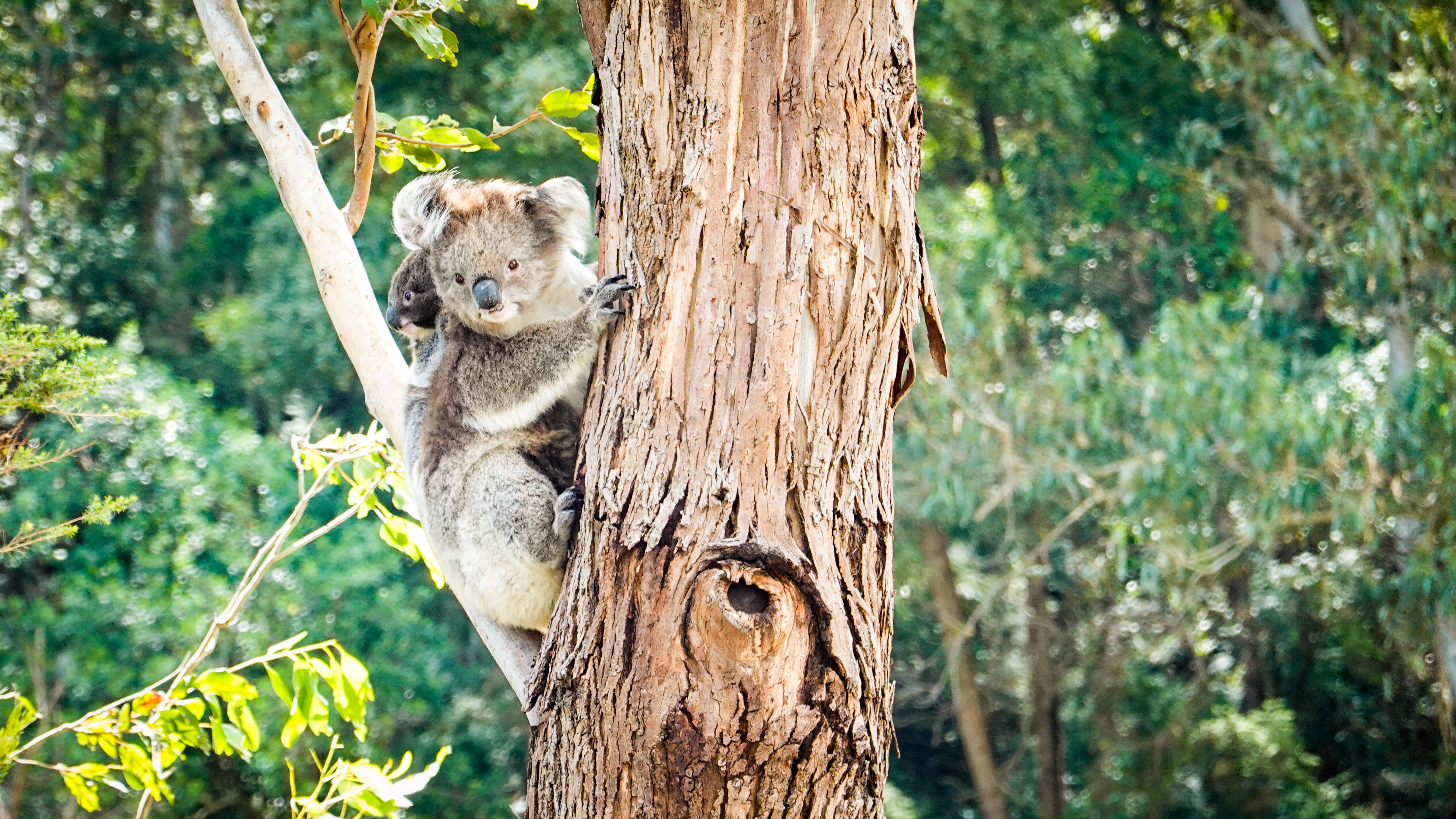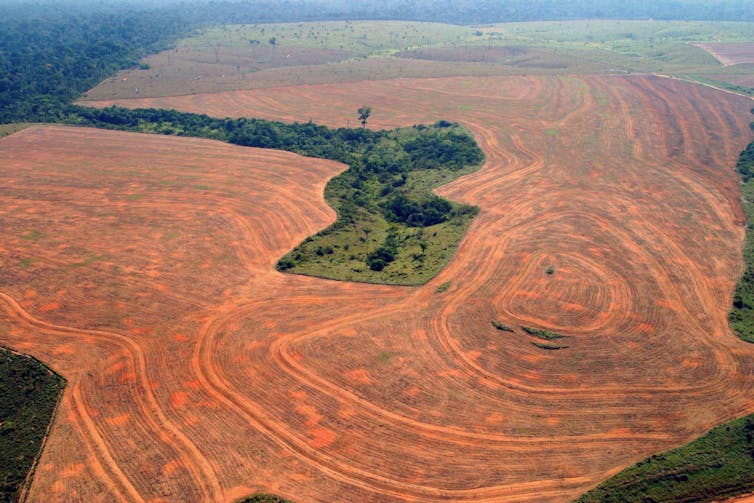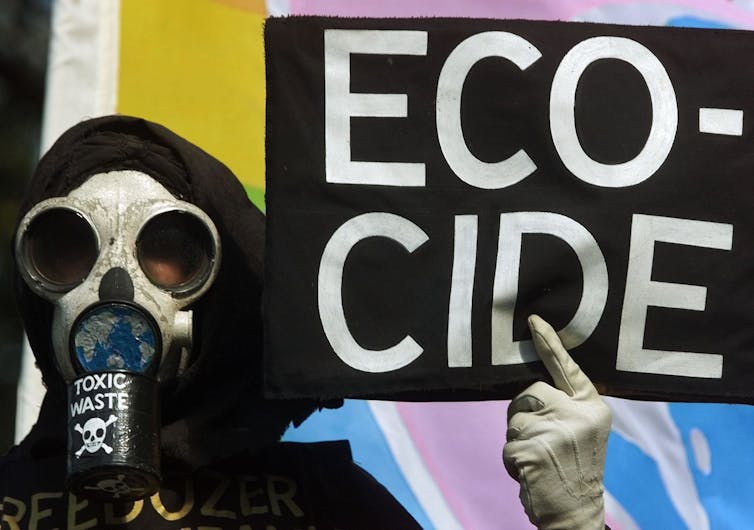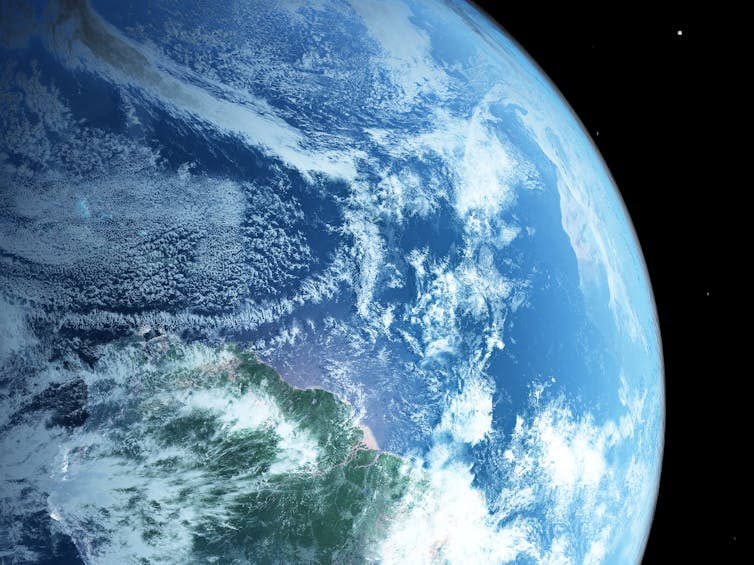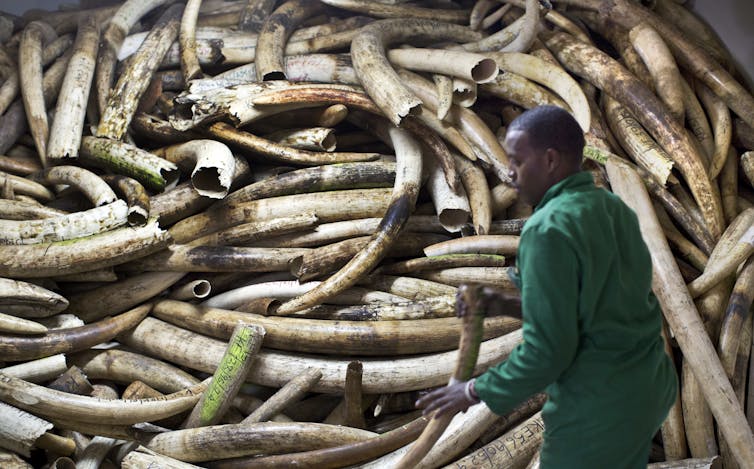OPINION | Human progress is no excuse to destroy nature. A push to make ‘ecocide’ a global crime must recognise this fundamental truth
Scientists recently confirmed the Amazon rainforest is now emitting more carbon dioxide than it absorbs, due to uncontrolled burning and deforestation.

